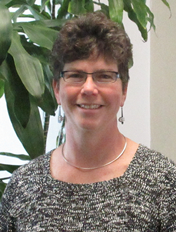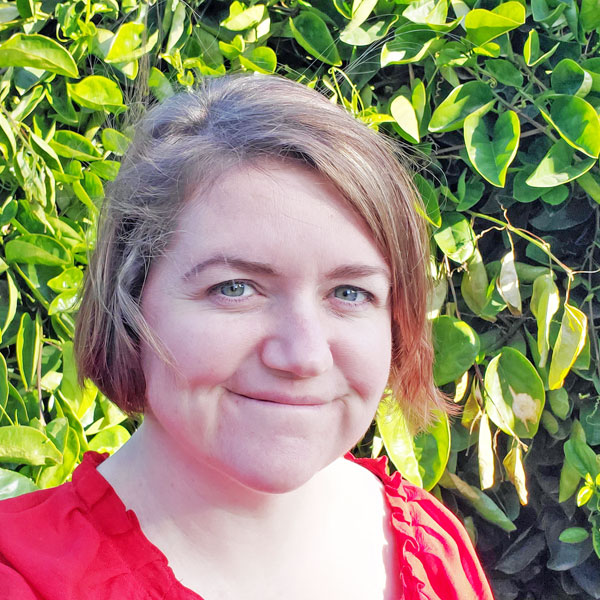Data Licensing - a Discussion of Alternative Licenses
Speakers

Community Participants

Marty Downs
Long Term Ecological Research (LTER) Network Office
Marty manages the Network Office of the Long Term Ecological Research Network, coordinating scientific synthesis, education, and engagement activities for 28 research sites in every major U.S. biome.
Since 2005, she has managed collaboration, communications, and outreach in environmental and public health organizations, including Brown University’s Environmental Change Initiative, the New England Aquarium, and the Nature Conservancy, where she led the Science Impact Project, a professional development program for TNC scientists. As a science journalist, she has written for the Chronicle of Higher Education, Technology Review, the news section of Science, and produced news and commentary for public radio. Marty began her career as an ecologist, investigating plant-soil-atmosphere interactions in temperate forests, subarctic forests, and arctic tundra. Use ORCID to view her research publications.
Marty earned her B.S. in Natural Resources from Cornell University and her M.S. in Science Journalism from Boston University.
